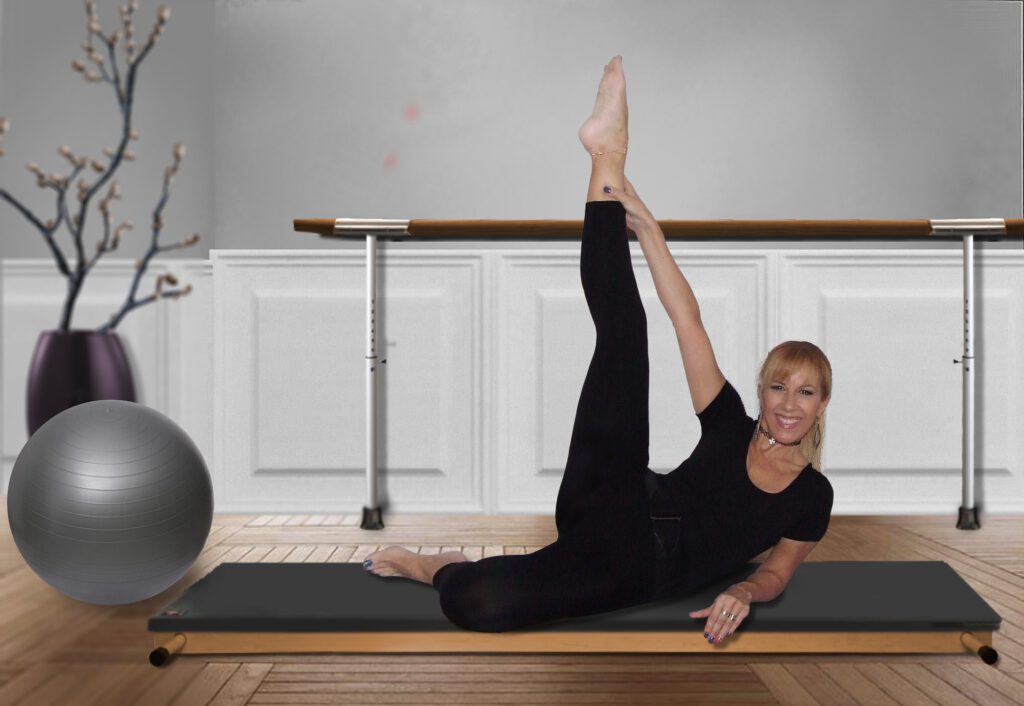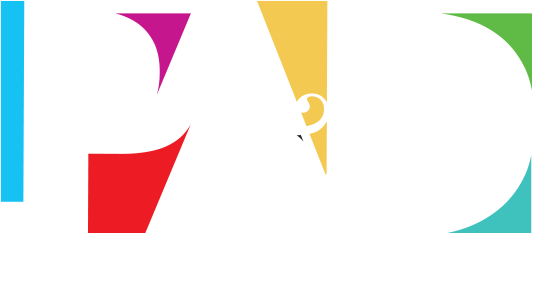A herniated disc is a problem with the cushioning discs that lie in between the bones of your spine. They act as shock absorbers, protecting the bones and surrounding nerves.
Spinal discs are made mostly of water (about 90%). The other 10% is composed of collagen and elastin fibers.
Discs act like jelly donuts. They have a tough exterior, called the annulus. In between the cartilaginous layers are the jelly-like discs, which absorb shocks and allow movement.
When a disc is herniated, the jelly (nucleus pulposus) is pushed through the tough exterior, irritating the sensitive nerve endings that cushion the bones in your spine.
The most common cause of a herniated disc is degeneration. This is when the shock-absorbing discs dry out and become brittle, causing cracks in the cartilaginous exterior. Sometimes the cartilaginous exterior cracks so badly that pieces break off, irritating nearby nerves and causing pain.
Discs can also herniate due to a genetic predisposition, trauma (getting hit in the spine), or even aging. A person can suffer from more than one herniated disc due to age.

HOW PAINFUL IS A HERNIATED DISC?
Herniated discs aren’t always painful, and sometimes they can press on a nerve without irritation and cause no pain. But when a herniated disc is painful, it can be treated at home with rest and over-the-counter medications, surgery (if symptoms persist), or sometimes through movement. Pain can be for multiple reasons, such as sitting too much, lifting too heavy with incorrect form, or overdoing a certain kind of exercise.
WHAT'S THE SOLUTION FOR HERNIATED DISC PAIN?
Herniated disc pain is challenging to treat. There are no medications that can resolve the pain for good, but if you understand what triggers your herniated disc pain and change your lifestyle to avoid those triggers, as well as strengthen the surrounding muscles, then the pain will be reduced and manageable. Here are some recommended lifestyle changes:
● Change your sleeping position: this is one of the triggers, one that is fairly easy to resolve. Your sleeping position can compress the nerves and cause inflammation. This is both a trigger and an effect, so it makes sense to avoid this by changing your sleeping position. A good solution is the log roll.
● Walk around for at least 10 minutes every hour: this will help reduce the inflammation and increase the blood flow to the affected areas
● Eat food that can heal: inflammation can be controlled by eating non-inflammatory foods, such as nuts and seeds.
● Practice breathing exercises: lateral breathing exercises can help open the chest, move the diaphragm and reduce the stiffness in the back which will aid in resolving the herniated disc pain.
● Try acupuncture: this is one of the fastest ways to trigger the release of endorphins in the body, which can help resolve herniated disc pain and reduce stress.
● Release the happy hormones: endorphins can also be released by enjoying a good laugh, getting up every 30 minutes, and cracking jokes with your partner.
● Take care of your overall health: the healthier you are, the less likely it is for you to have herniated disc pain.
● Get checked by a doctor regularly to monitor your condition.
● Practice Pilates.
PILATES HELPS CURE DISC PAIN
Pilates is a mix of strength training and stretching that can help cure disc pain. It is a great workout that can help you strengthen the muscles surrounding your back. If you have been struggling with back pain, then pilates might be the perfect fitness solution for you. Pilates teaches you to use your bodyweight to build strength and stamina. It is highly effective in treating people suffering from sciatica, a condition that can cause stabbing nerve pain to run from your lower back and down the legs. Sciatica is also caused by disc issues in the lumbar spine, and any kinds of lower back problems can be successfully treated with Pilates when done with the correct form and technique, under the watchful eye of a highly trained professional.
WRAPPING UP
If you suffer from a herniated disc, it can be difficult to predict when the pain will come and go. We at The Pad Fitness help make things easier for you by offering expert advice on managing your symptoms so that they don’t interfere with your daily life.
